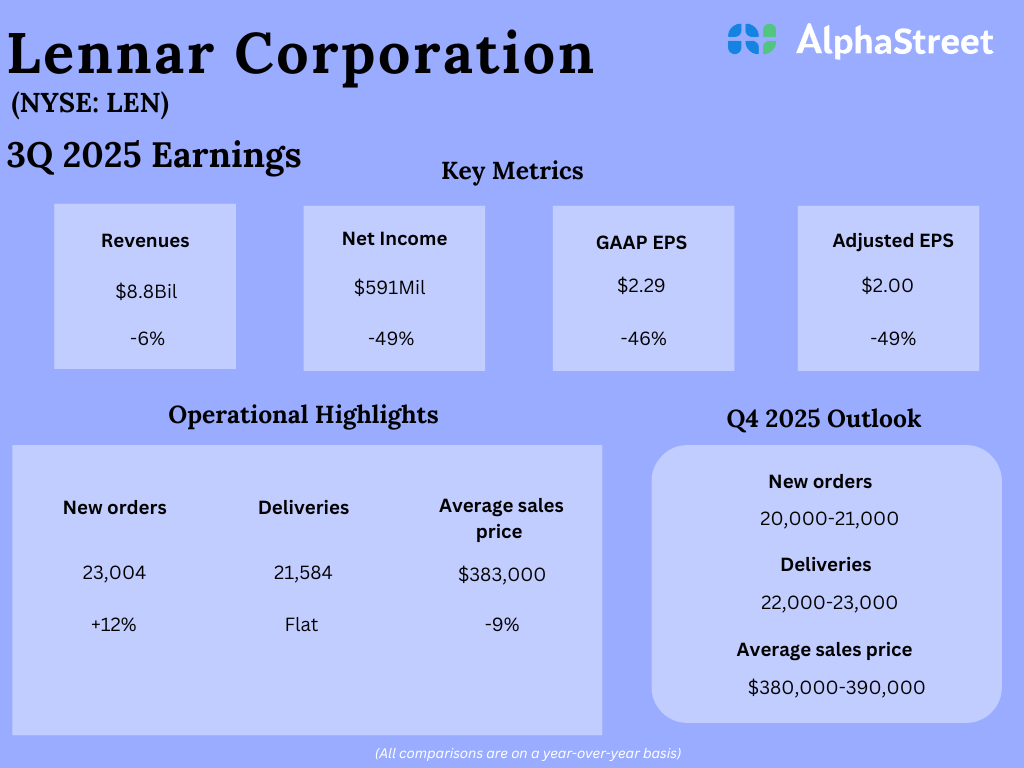yuelan
Roche (OTCQX:RHHBY) (OTCQX:RHHBF) said its oral drug fenebrutinib met the main and secondary goals of a phase 2 trial by reducing brain lesions in adults with relapsing forms of multiple sclerosis (RMS).
The 12-week mid-stage study, dubbed FENopta, evaluated fenebrutinib — a reversible Bruton’s tyrosine kinase (BTK) inhibitor — versus placebo and enrolled 109 adults aged 18-55 years with RMS.
The Swiss pharma giant said fenebrutinib reduced the total number of new gadolinium-enhancing T1 brain lesions, compared to placebo, the main goal of the trial.
Fenebrutinib also significantly reduced the total number of new or enlarging T2 brain lesions, compared to placebo, a secondary goal.
T1 lesions are a marker of active inflammation and T2 lesions represent the amount of disease burden or lesion load, according to the company.
In addition, Roche said that a higher proportion of people treated with fenebrutinib were free from any new gadolinium-enhancing T1 brain lesions and new or enlarging T2-weighted brain lesions compared to placebo.
The safety profile of the drug was consistent with previous and ongoing trials of the medicine across more than 2,400 people and there were no new safety concerns identified in this trial, the company added.
“Fenebrutinib’s mechanism of action which can inhibit both B cells and microglia, has the potential to both reduce MS disease activity, such as relapses, and also impact disease progression,” said Levi Garraway, Roche’s chief medical officer and head of Global Product Development.
BTK inhibitor drugs have been facing issues with safety, particularly liver toxicity.
In April, the U.S. Food and Drug Administration (FDA) placed a partial clinical hold on starting new patients on Merck KGaAs’ (OTCPK:MKGAF) (OTCPK:MKKGY) multiple sclerosis therapy evobrutinib in the U.S. due to cases of laboratory values suggestive of drug-induced liver injury.
Sanofi (SNY) had run into similar issues with a drug candidate. Meanwhile, Novartis (NVS) — which is also developing a BTK inhibitor for MS — said that no signs of liver damage had been seen in trials of its drug remibrutinib, according to a Reuters report.
Roche noted that a phase 3 fenebrutinib trial program in RMS and primary progressive MS is ongoing. The company will share detailed results of the phase 2 FENopta study at an upcoming medical meeting.
















